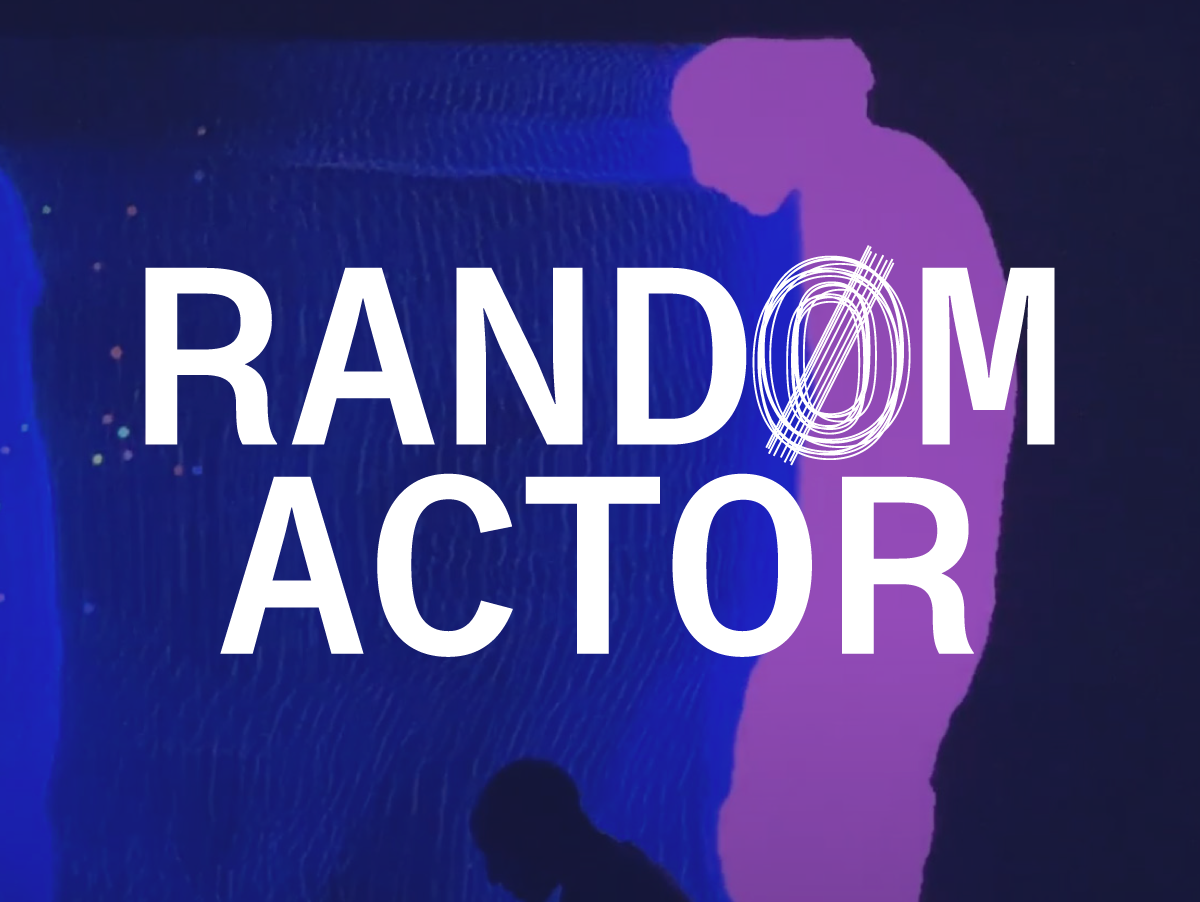James Grady
Assistant Professor
Boston University
Random Actor is an innovative software tool initiated by James Grady, Assistant Professor of Graphic Design, and Clay Hopper, Senior Lecturer of Directing at Boston University’s College of Fine Arts. This solution connects computation and human performance, enabling users, including theatrical designers, artists, and more, to create dynamic, immersive media environments without extensive coding expertise. By incorporating computational vision, projection mapping, MIDI control, and machine learning into a user-friendly interface, Random Actor democratizes interactive design, making it accessible to a wide range of industries from theater to corporate events and gaming therapy models.
Building on tools like Processing, OpenFrameworks, TouchDesigner, and Unity, which integrate projection mapping, interactive generative graphics, and computational vision, this new tool addresses the challenges of traditional scenic and visual design. These existing tools often require coding knowledge, which can limit accessibility for non-coders. Random Actor bridges this gap by providing an intuitive, user-friendly interface that enables designers and performers to leverage advanced techniques without needing to learn how to code, thus expanding creative expression and adaptability in real-time visual storytelling.
In staging a previous play within an immersive, fully projected-media environment, we found traditional rehearsal methods to be insufficient for achieving the desired aesthetic goals. The excessive time spent adjusting or writing code during rehearsal led to the development of a software application capable of changing the values of any given generative algorithm in real time, without requiring coding knowledge.
We hypothesize that this kind of generative interactive technology could have far-reaching implications for how we construe visual narrative, story structure, and design principles, and how they manifest in physical space as extensions of the human body, speech, sign, and music. Our goal is to develop a new design vocabulary that merges the interior psychology of the performer with the physical environment, expanding the boundaries of Aristotelian narrative structure while affirming their deep relevance to the human experience.
Random Actor aims to bridge the gap between technology, creativity, and research. It expands on a continuum where technology empowers artistic expression. Based on our recent testing during a live play and multiple workshops, our findings suggest a bright future for such tools, indicating they could be further refined and integrated into broader artistic and educational practices, potentially transforming the landscape of design and performance art.
This design research is presented at Design Incubation Colloquium 11.1: Boston University on Friday, October 25, 2024.
